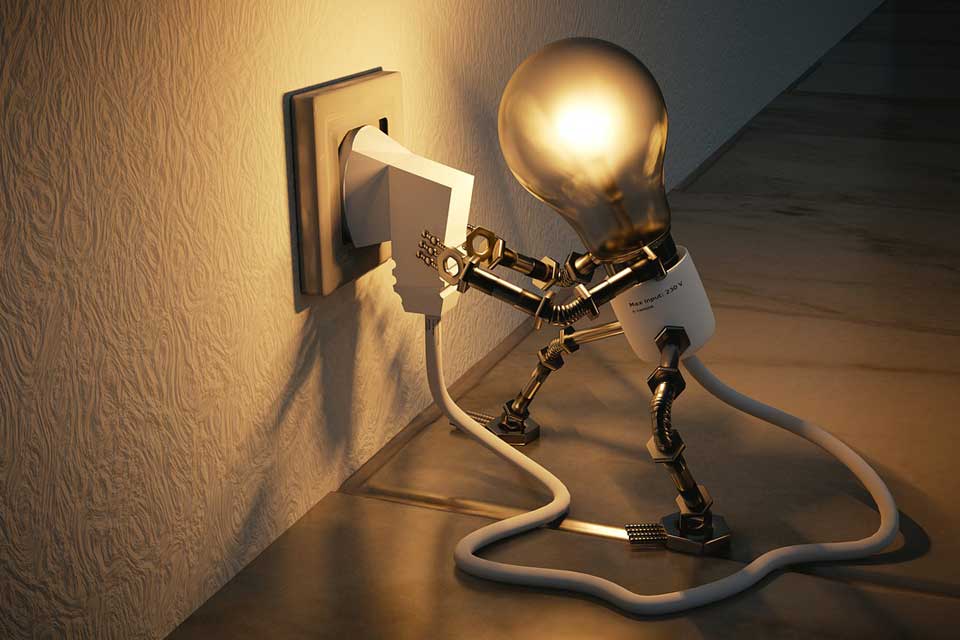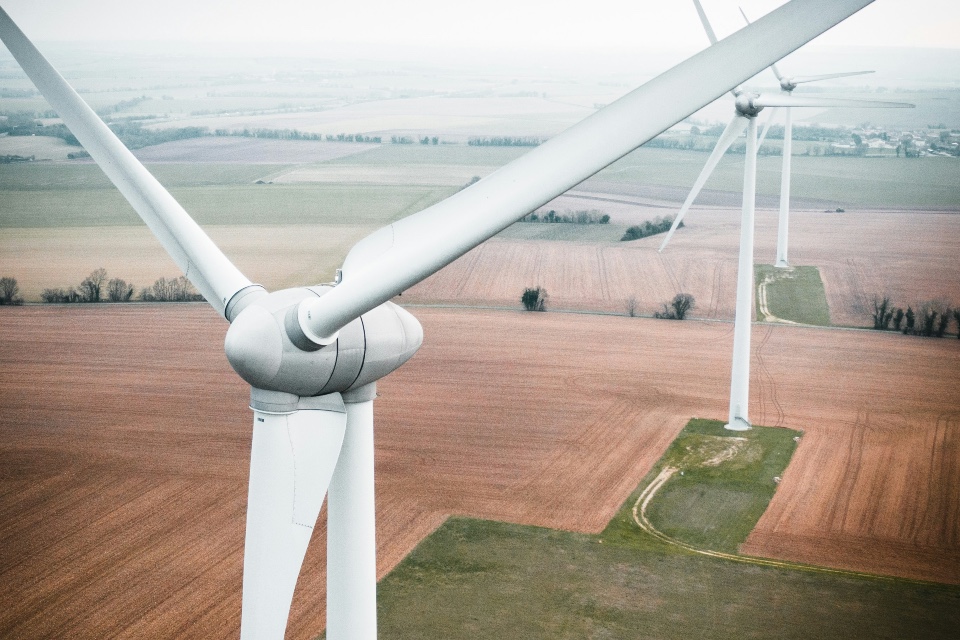By Flogas
Energy bills are becoming a bigger focus for businesses around Britain — with the average organisation spending around £4,000. Becoming energy aware (and energy smart) can not only help businesses boost their bottom line, it can also dramatically reduce their carbon footprint – making for a more profitable, greener company all round.
The cost businesses are facing
Cost has changed over time, which has led to this newly found focus on energy supply. For most SMEs, gas and electricity charges now make up a considerable chunk of their monthly outgoings – taking a hefty portion of their profits. The majority of UK businesses are using between 15,000 and 25,000 kWh of power per year, but annual consumption figures for large business and industry can reach in excess of 250,000 kWh.
How will this impact the final bill? The latest data shows that businesses in the UK are spending an average of £3,061 on their annual electricity bills, and an additional £856 a year on gas. Small businesses in particular fare slightly better – but with the average electricity bill for an SME reaching £2,958 (and that’s before putting business mains gas into the equation), it’s still a considerable outlay.
A plan for cost reduction
Many industries will benefit from the right energy supplier and there are plenty ways to create a plan.
- Becoming more aware of your energy use
Before you make any core decisions around your energy plan, you must assess how much you actually use and how much it is currently costing you. The average unit prices in the UK are currently 14.36p per kWh for electricity and 4.25p per kWh for gas, with standing charges on top of this. Finding out your business’s annual usage figures – and knowing when your contract is due to come to an end – means you’re well equipped to accurately compare your current supplier’s prices with others on the market.
- Look at a range of energy suppliers
Research into other energy suppliers too. Ahead of your contract ending, it’s worth finding out how much switching could save you. And, whether you use a broker, online search or go direct, make sure you don’t limit yourself to the Big Six. Switching to a smaller business energy supplier could mean significantly lower bills, and benefits like better customer service.
- Analyse your current contract agreement
There’s plenty of energy suppliers willing to give you a better deal, so make sure you look at your current one before any renewals. For example, an extended fixed-term contract could help protect you against future price rises, giving some valuable peace of mind and making budgeting easier. Or there might be an additional discount on offer if you opt for a Direct Debit payment plan.
- Get a smart meter
Talk to your supplier about fitting a smart meter. That way you’ll know exactly how much your business energy supply is costing you day-to-day – and because you only pay for what you use, there’s no need for estimated billing or meter readings. As well as saving on monthly charges, it can also help you wise up to your company energy use and make better decisions on where you might be able to curb your consumption. Energy management software can also help provide useful insight for larger businesses.
- Find out where your energy is being used
There’s always room for improvement when it comes to your business’ energy use. It could be as simple as making sure computers are switched off outside of office hours, or putting your lights on a timer, but encouraging employees to find more efficient ways of working is a great place to start. Some companies even introduce incentive schemes to help foster better habits, offering staff tangible rewards for greener behaviour.
- Save
Always think of the bigger picture when it comes to energy consumption and try investing in equipment that understands the importance of efficient energy use. While this approach might come with a heftier price tag in the first instance, any piece of kit that helps save energy on your everyday operations will pay for itself and more in the long run.
*Statistics from BusinessEnergy.com and article brought to you by gas mains supplier, Flogas.







